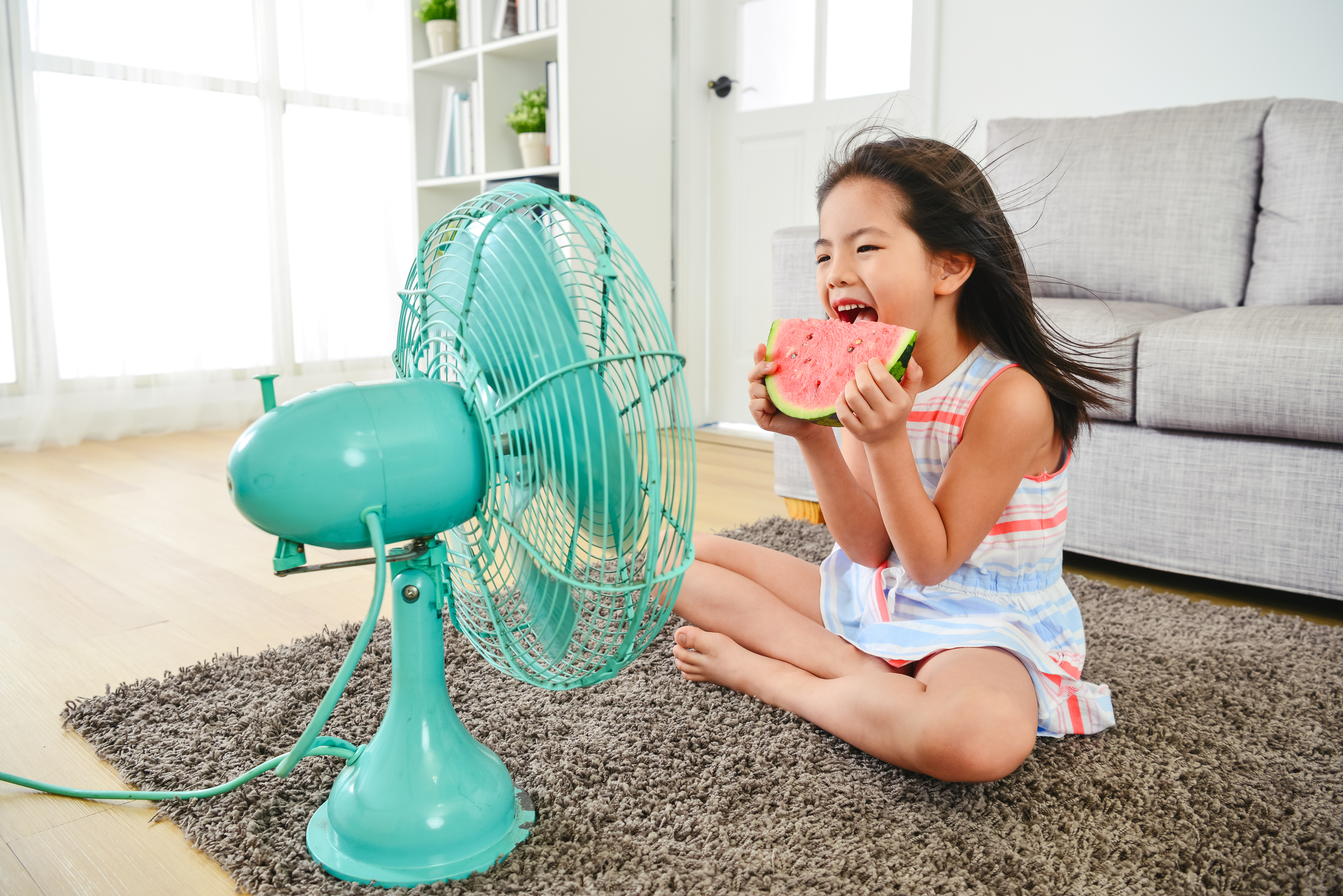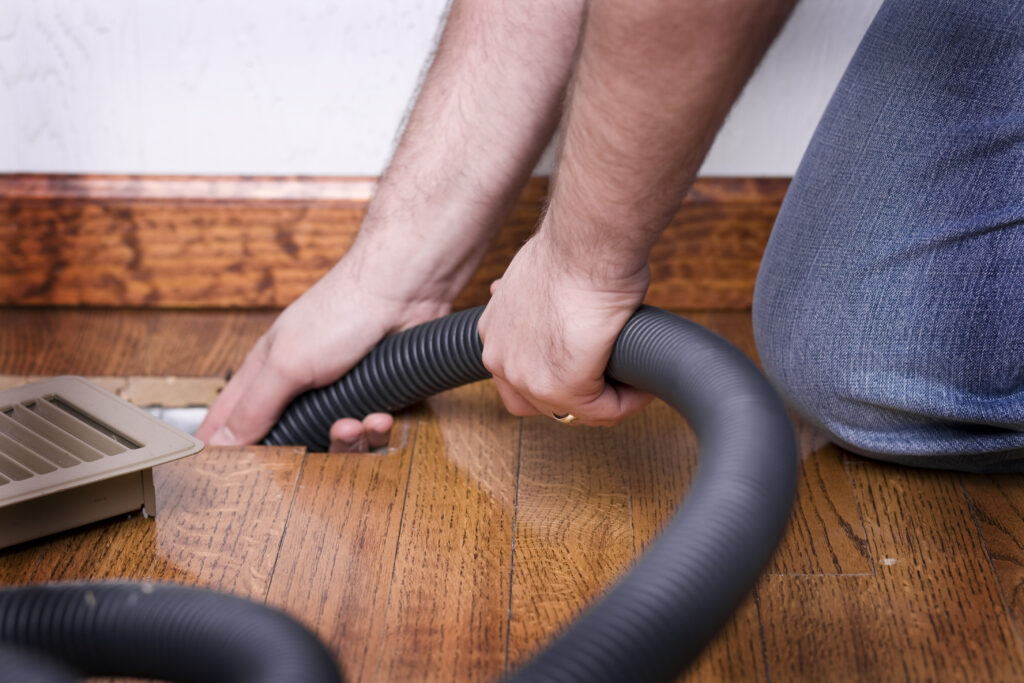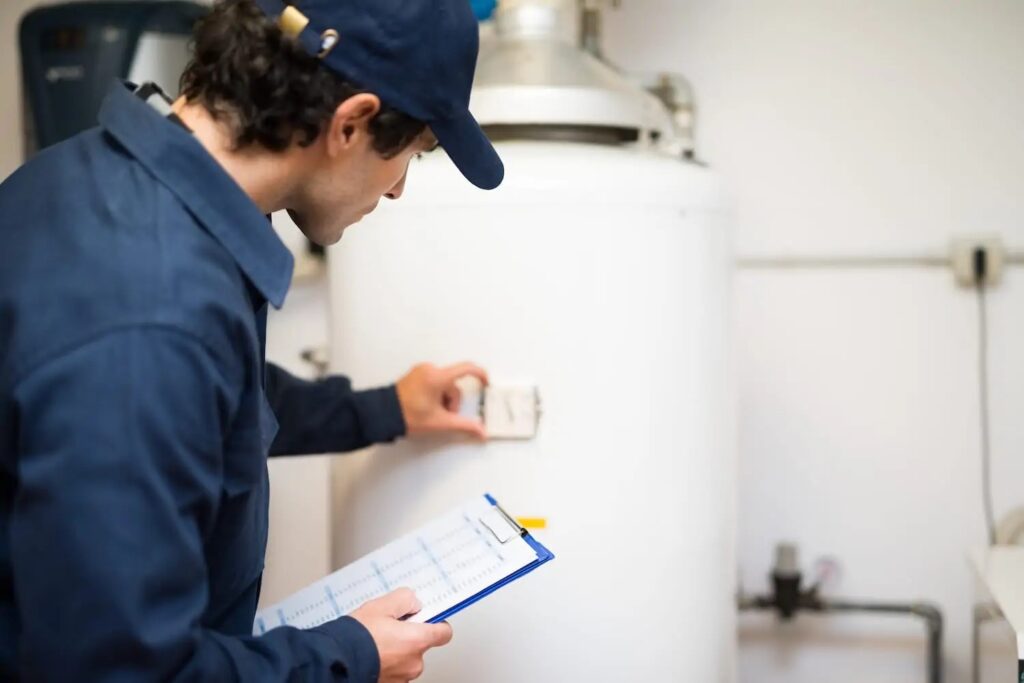Managing Indoor Air Quality During Peak Summer Months

When the summer heat takes hold, we rely more heavily on our air conditioning systems to keep our homes cool and comfortable, even on the hottest days of the year. However, the intense summer heat and humidity can pose significant challenges to indoor air quality.
From increased allergens to high humidity levels, maintaining good air quality in your home during peak summer can be challenging.
In this blog post, the indoor air quality specialists at Frymire Home Services explain some effective strategies for ensuring your family’s indoor environment remains safe and comfortable this summer.
Common Indoor Air Quality Challenges in Summer
Summer brings a unique set of challenges that can compromise the air quality in your home. Here are some of the most common issues and how they can impact your indoor environment:
High Humidity
One of the biggest challenges during summer is dealing with high humidity levels. Excess moisture in the air can create the perfect breeding ground for mold and mildew, which can cause structural damage to your home and trigger respiratory issues and allergies.
Increased Pollen & Allergens
While outdoor pollen is a well-known summer nuisance, it can easily get inside. Open windows, doors, and even air conditioning systems can bring pollen inside, leading to allergic reactions and discomfort for those with allergies or respiratory conditions.
Poor Ventilation
During the hot summer months, we often keep our homes sealed tight to keep the cool air in. However, this can lead to poor ventilation, trapping pollutants, odors, and chemicals inside. These contaminants can accumulate without proper airflow, leading to stale and unhealthy indoor air.
Pet Dander & Dust
If you have pets, summer shedding can contribute to an increase in pet dander, which, along with dust, can aggravate allergies and asthma symptoms. These particles can easily become airborne and circulate throughout the home, making breathing difficult.
Chemical Off-Gassing
Higher temperatures can cause certain materials in your home, such as paints, furniture, and carpets, to release volatile organic compounds (VOCs) at a faster rate. This process, known as off-gassing, can lead to a buildup of harmful chemicals in your home’s air, affecting your overall health and comfort.
Effective Strategies for Managing Indoor Air Quality
Thankfully, you can use several effective strategies to manage and improve your indoor air quality during the summer. A dehumidifier can help control humidity levels, prevent mold growth, and reduce allergens.
A whole-home air purifier can filter out pollutants, allergens, and odors, ensuring clean, fresh air circulates throughout your home. Regularly changing your air filters is also essential to keeping your HVAC system running efficiently and preventing the buildup of dust and allergens.
Monitoring Indoor Air Quality
Monitoring your indoor air quality is important for identifying potential problems early. Homeowners can use indoor air quality monitors to track humidity levels, VOCs, and other pollutants. Look out for signs of poor air quality, including:
- Persistent musty odors
- Frequent allergy symptoms
- Visible mold growth
- Increased dust on surfaces
Early detection allows you to take corrective action before these issues escalate and cause additional problems for your home health and comfort.
Schedule Indoor Air Quality Services With Frymire
Maintaining good indoor air quality during the summer is essential for the health and comfort of your household. At Frymire Home Services, we offer a range of indoor air quality services designed to address all your summer air quality concerns.
Whether you need help with humidity control, air purification, or HVAC maintenance, our expert team is here to ensure your home remains a safe, comfortable haven for your whole family.
Contact us today to schedule your indoor air quality service and breathe easier this summer.






